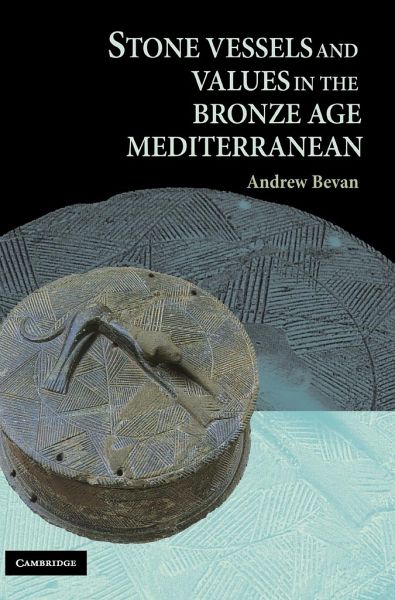
Stone Vessels Values Bronze Age Med

PAYBACK Punkte
62 °P sammeln!
The societies that developed in the eastern Mediterranean during the Bronze Age produced the most prolific and diverse range of stone vessel traditions known at any time or anywhere in the world. Stone vessels are therefore a key class of artifact in the early history of this region. As a form of archaeological evidence, they offer important analytical advantages over other artifact types - virtual indestructibility, a wide range of functions and values, huge variety in manufacturing traditions, as well as the subtractive character of stone and its rich potential for geological provenancing. S...
The societies that developed in the eastern Mediterranean during the Bronze Age produced the most prolific and diverse range of stone vessel traditions known at any time or anywhere in the world. Stone vessels are therefore a key class of artifact in the early history of this region. As a form of archaeological evidence, they offer important analytical advantages over other artifact types - virtual indestructibility, a wide range of functions and values, huge variety in manufacturing traditions, as well as the subtractive character of stone and its rich potential for geological provenancing. Stone also has wide anthropological and archaeological relevance. It offers a favorable vantage from which to consider concepts of object value and how these might be approached in the archaeological record. In this book, Andrew Bevan considers individual stone vessel industries in great detail. He also offers a highly comparative and value-led perspective on production, consumption and exchange logics throughout the eastern Mediterranean over a period of two millennia during the Bronze Age (ca. 3000–1200 BC).




